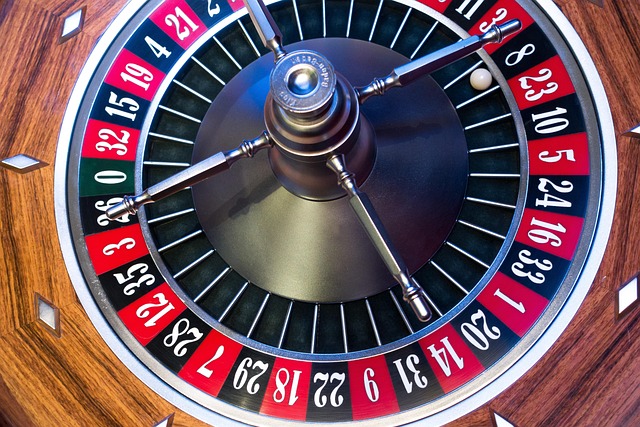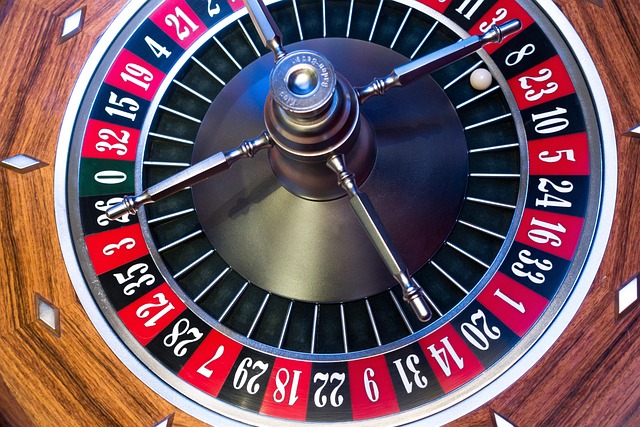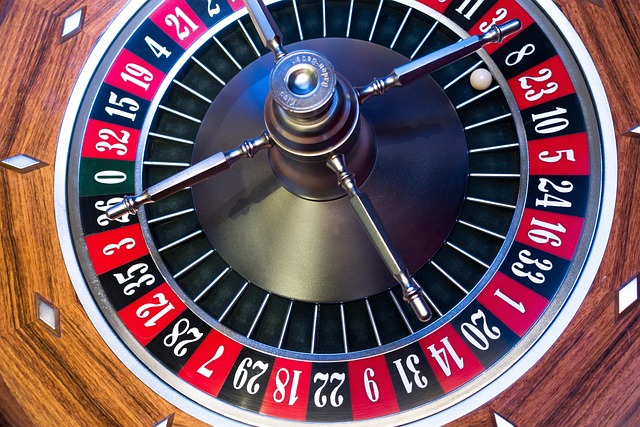The allure of the spinning wheel has captivated gamblers for centuries. Yet, for many, the thrill is eclipsed by the frustration of unpredictable outcomes. A roulette marathon—a prolonged session of play—offers both a challenge and an opportunity. By combining disciplined bankroll management, an understanding of betting patterns, and a touch of psychological resilience, players can transform a marathon of uncertainty into a series of calculated decisions. This article explores the essential strategies that underpin a successful roulette marathon, without resorting to myths or oversimplified tactics.
Understanding the Foundations of Roulette
Before diving into marathon strategies, it is vital to grasp the basic mechanics of the game. In European roulette, a single zero creates a slight house edge of 2.7%, while the American version’s double zero reduces the odds for players. Each spin is independent, governed by random chance. This independence means that no betting system can guarantee profit; rather, strategies must focus on managing risk and preserving capital over many rounds.
Bankroll Management: The Marathon’s Backbone
At the heart of any winning plan lies a solid bankroll framework. In a marathon, sessions can last for hours or even days. Without a clear allocation, a single unlucky streak can wipe out a player’s funds.
- Set a Marathon Budget. Determine how much you are willing to risk for the entire marathon. This figure should be an amount you can afford to lose without affecting your daily life.
- Divide Into Session Units. Split the marathon budget into smaller, equal units—often called “sessions.” Each session represents a single day or a set number of spins.
- Adopt a Fixed Bet Ratio. Limit each individual bet to a small percentage of the current session bankroll—commonly 1–2%. This approach prevents large swings from eroding the fund too quickly.
- Track Wins and Losses. Keep a written record of every bet. This transparency helps you detect patterns in your own behavior and avoid emotional decisions.
Choosing a Betting System That Fits Your Marathon Goals
Many players lean on classic systems such as Martingale or D’Alembert. While these can provide short‑term excitement, their effectiveness over a marathon is questionable. Instead, consider systems that prioritize stability.
- The Labouchère. This cancellation system allows for controlled bet sizes and can help players manage their bankroll through progressive adjustments.
- The Paroli. Focusing on doubling only after a win, this strategy caps losses while amplifying streaks of success.
- Flat Betting. Betting a consistent amount on each spin eliminates the volatility of progressive systems, making it suitable for marathon play where consistency is key.
Regardless of choice, always align the system’s risk profile with your bankroll limits and personal comfort level.
The Psychology of a Marathon
“Roulette is a game of chance, but your mind can become the most powerful wheel of fortune.”
Long sessions test not just financial limits but mental stamina. Maintaining focus and a calm demeanor prevents impulsive bets that deviate from your strategy.
- Set Clear Objectives. Know whether you aim for incremental profit or simply to preserve capital. This goal setting influences bet sizing.
- Pause Regularly. Short breaks refresh concentration and reduce the risk of fatigue‑driven mistakes.
- Practice Emotional Detachment. Accept losses as a normal part of roulette. Avoid chasing deficits, which can lead to over‑betting.
Capitalizing on In‑Game Patterns
While each spin is independent, players often look for patterns that might suggest a favorable moment to bet. These are not guarantees but can inform timing.
- Color Streaks. Noticing a series of reds or blacks can reinforce a bias toward the opposite color if you follow a strategy that bets on alternation.
- Number Clustering. If a particular number or cluster appears more frequently, consider placing a small side bet on that segment. However, never rely solely on past outcomes.
- Time-Based Observations. Some players prefer to take breaks when a specific number of spins have occurred, believing the wheel resets. This technique has no statistical basis but can create a sense of control.
Side Bets and Their Role in a Marathon
Side bets, such as betting on specific dozen ranges or column groups, offer higher payouts but come with increased risk. In marathon play, they should be used sparingly.
When a side bet aligns with your main strategy—for instance, betting on a column when the main bet is on an even number—you can diversify risk without exposing yourself to disproportionate loss.
Evaluating and Adjusting Your Strategy Mid-Marathon
A dynamic approach helps players adapt to changing conditions. If you find your bankroll shrinking faster than expected, scale back bet sizes. Conversely, if the bankroll remains healthy, you might experiment with slightly higher bets within safe limits.
- Use a Break‑Even Threshold. Set a target that, if reached, signals you to pause or review the strategy.
- Review Outcomes Weekly. Analyze which bets yielded the best return and which were costly. Adjust your focus accordingly.
- Maintain Discipline. Even when trends look favorable, never deviate from your predetermined plan without a thorough review.
When to Walk Away: Knowing the Limits of a Marathon
The most seasoned players understand that walking away is sometimes the smartest bet. Recognize the signs that a marathon is no longer profitable.
- Bankroll Drain. If your session bankroll has fallen below a safe threshold, stop to avoid deeper losses.
- Emotional Fatigue. Persistent frustration, anxiety, or over‑confidence can impair judgment.
- Opportunity Cost. If you have other financial or personal commitments that demand attention, prioritizing them over the wheel is wise.
Building a Long‑Term Winning Mindset
Mastering a roulette marathon is less about a single winning streak and more about sustained, disciplined play. Treat each session as a learning experience, and celebrate the small victories—whether it’s sticking to your bankroll limits or spotting a useful pattern.
Ultimately, the best strategies are those that blend statistical understanding, psychological resilience, and strict bankroll control. When you combine these elements, the roulette wheel becomes a playground of calculated decisions rather than a source of regret.



